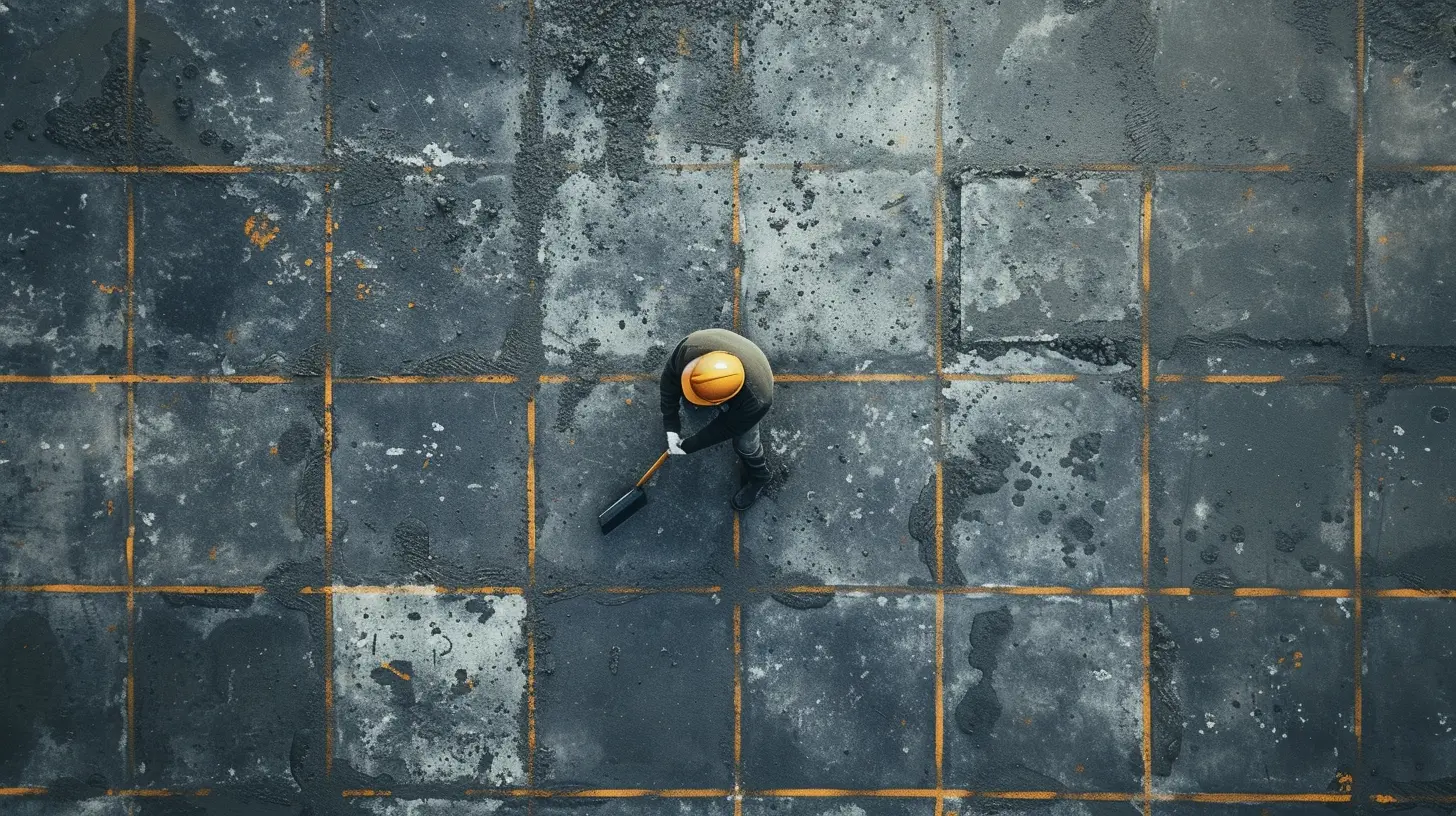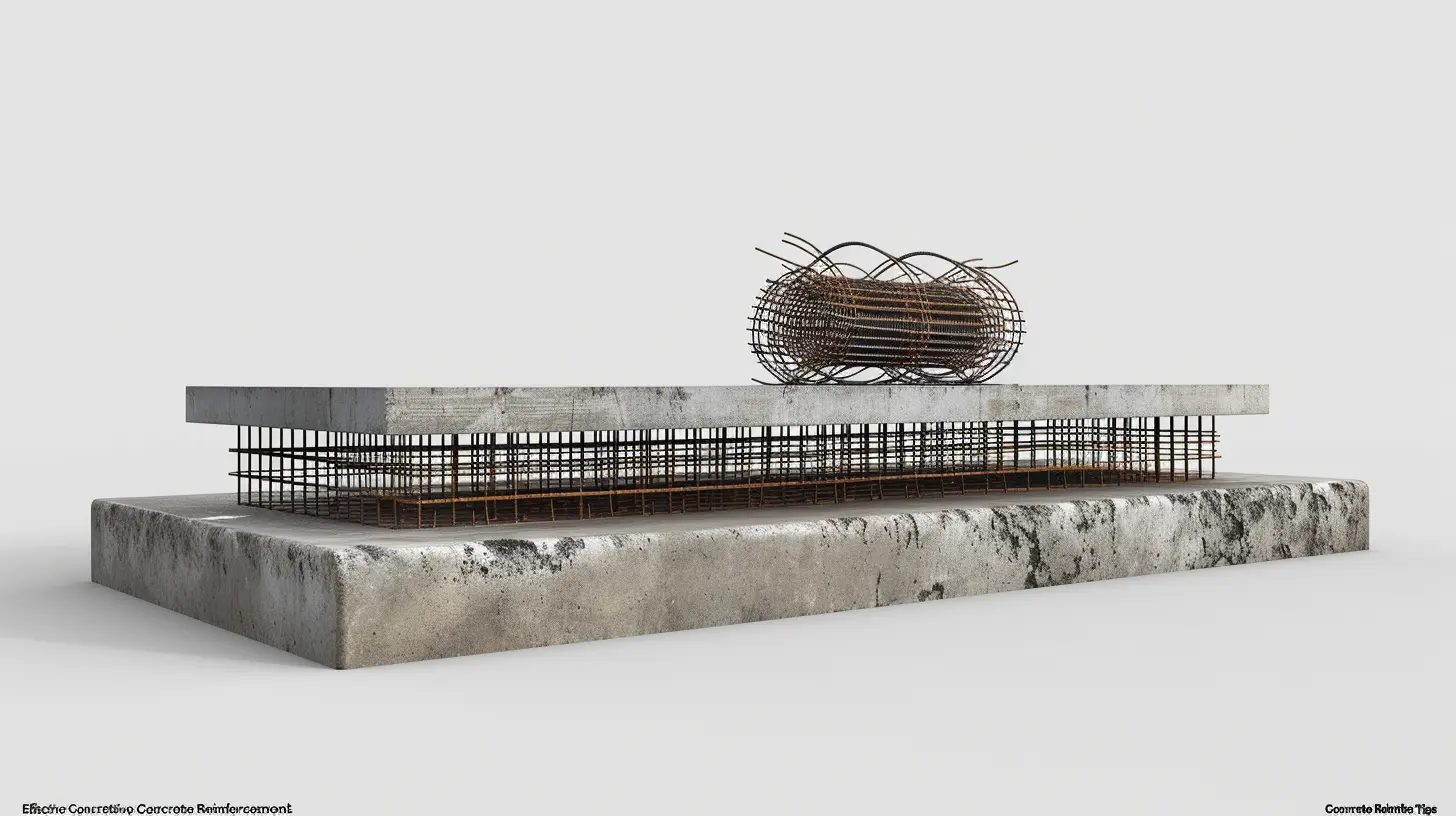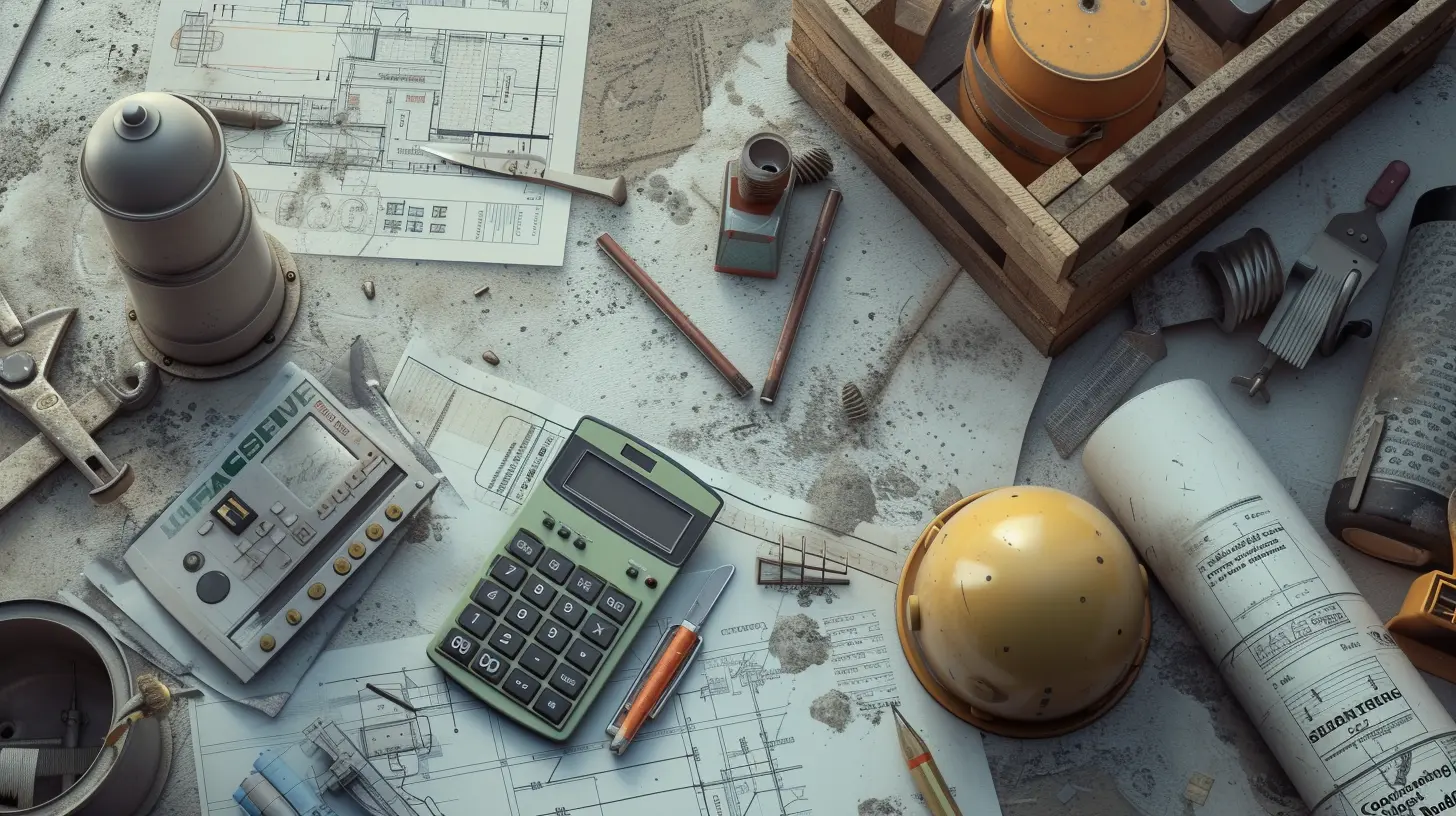
Expert Concrete Finishing Techniques with A1 Services
Table of Contents I. Understanding Concrete Finishing Concrete finishing techniques doesn’t have to be kept a secrete. Iis about giving

Delving into effective concrete reinforcement tips, we at A1 Concreting Services share our expertise on ensuring the strength and longevity of your structures. From selecting the right materials to detailed methods, our guide covers everything you need to know for successful concrete reinforcement.
Concrete reinforcement is all about adding strength to our concrete structures. By itself, concrete is pretty tough stuff, but it’s got its weaknesses, like tensile strength. That’s where reinforcement comes in, adding that extra bit of muscle to help concrete stand up to tension without cracking under pressure.
The most common way we beef up our concrete is by using steel bars (rebars), mesh, or fibers. These materials work together with the concrete to support loads and forces that would otherwise crack or break unreinforced concrete. It’s a team effort – the concrete resists the compression, and the reinforcement takes on the tension.
Planning for reinforcement isn’t something we take lightly. It’s crucial for the durability and safety of the structure. A well-reinforced concrete slab can handle more weight, last longer, and stand up better to environmental challenges like extreme weather or earthquakes.
Skipping on proper reinforcement, or getting it wrong, can lead to serious structural issues down the line. That’s why we always factor in the specific needs of each project, considering the load it’ll bear, the conditions it’ll face, and the longevity we’re aiming for.
There are a few different tricks we have up our sleeves when it comes to reinforcing concrete:
Steel Rebars: These are our go-to for most projects. They’re strong, reliable, and versatile, ideal for everything from foundations to walls.
Wire Mesh: This is great for smaller projects or for areas where we expect less stress. It’s easier to handle than rebars and still offers solid reinforcement.
Fibers: Adding fibers to the concrete mix can help prevent small cracks from growing. They’re not a stand-alone solution but work wonders alongside other reinforcement methods.
Deciding on the best reinforcement method comes down to the project’s specifics. We’ve got to consider the structure’s size, the load it’ll carry, and what kind of wear and tear it’ll see. There’s no one-size-fits-all answer, but with our expertise, we can pinpoint exactly what your concrete needs to stay strong.
It’s also about balancing cost with effectiveness. We’re always looking for ways to reinforce concrete without blowing the budget out of the water.
We’ve seen our fair share of reinforcement gone wrong. The most common mistakes usually involve underestimating the amount of reinforcement needed or placing it incorrectly. Both can weaken the structure significantly.
That’s why getting it right from the start, with a solid plan and the right materials, is crucial. We’re sticklers for detail, ensuring every piece of reinforcement is exactly where it needs to be.
Concrete reinforcement isn’t just an extra step; it’s a vital part of building structures that last. With the right approach, materials, and expertise, we can tackle any project, confident that it’ll stand the test of time.
If you’re gearing up for a project and wondering about the best ways to reinforce your concrete, you’re in the right hands with A1 Concreting Services. We’ve got the knowledge, experience, and dedication to quality you need to get the job done right.
So, before you pour that next slab of concrete, give us a yell. We’re here to make sure your concrete is tough enough to take on anything.

Table of Contents I. Understanding Concrete Finishing Concrete finishing techniques doesn’t have to be kept a secrete. Iis about giving

Table of Contents Instant Quote I. Introduction Let’s not waste time and dive into the basics of concreting projects, why
Please feel free to call or email us,
or use our contact form to get in touch with us.
We look forward to hearing from you!